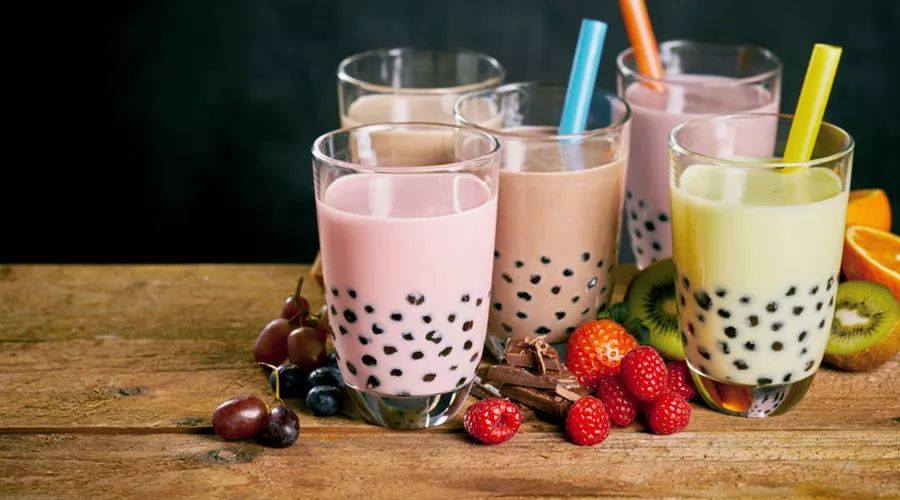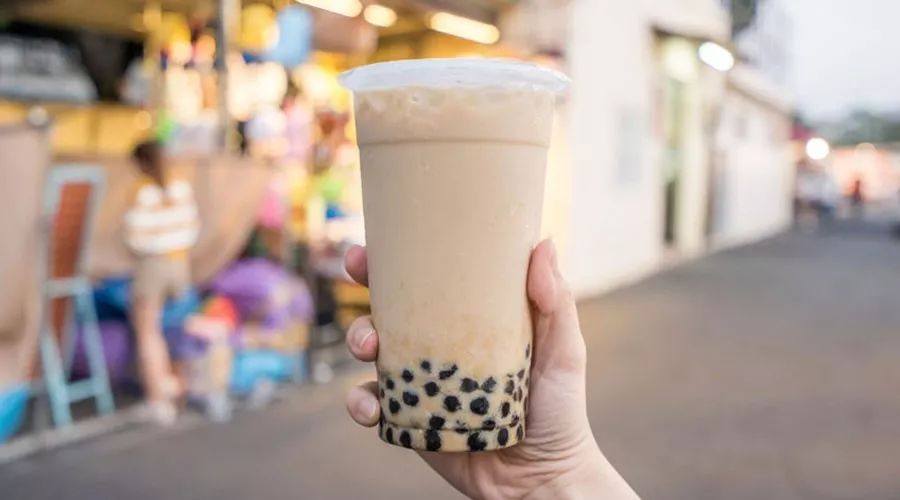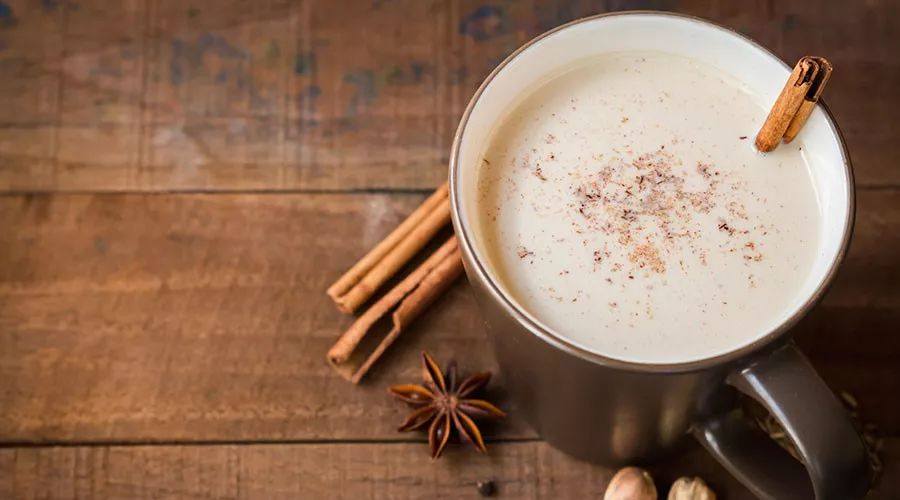Milk tea is very popular with young people, and there is also a hot topic on the Internet # on the phenomenon that contemporary people are keen on milk tea #.
However, milk tea is often criticized by people. Recently, an evaluation organization tested the milk tea of 27 milk tea shops in Shanghai and issued an evaluation report.
The report listed four crimes of milk tea, including high sugar content, high fat content, caffeine and trans fat. It said that milk tea has many hazards to health and is destroying the health of young Chinese.
Is milk tea really so harmful? Can you still drink milk tea at ease? Today, I’d like to talk to you about milk tea.

Question 1: Milk tea contains caffeine, which makes people insomnia and hurts their bodies?
This is the first crime of giving milk tea.
According to the test report, the caffeine content of 51 samples is as high as 270 mg/L on average, and the highest is 828 mg/L. One cup of milk tea is equal to four cups of coffee, which will lead to anxiety, insomnia, digestive tract ulcer, osteoporosis and other hazards.
It is not surprising that there is caffeine in milk tea. Caffeine is now found in many beverages. Moreover, caffeine is not harmful to health as long as it is moderate.
In fact, judging from the current research, it is safe for normal people to take moderate intake of caffeine.
Health agencies in the United States FDA, the European Union EFSA, Health Canada and other countries all believe that it is safe for healthy adults to consume no more than 400 milligrams of caffeine per day. Teenagers and pregnant women are indeed more sensitive to caffeine and are generally not encouraged to consume caffeine, but this does not mean that they cannot touch it at all.
Generally speaking, as long as caffeine is ingested in an appropriate amount, it will not be harmful to health.
Question 2: Milk tea is high in sugar and harmful to health?
Sugar is indispensable to delicious milk tea. This is also the second crime that milk tea has been criticized.
According to the evaluation results, the sugar content in 27 pieces of milk tea with normal sweetness is between 11g and 62g per cup, and the highest sugar content is 13.2 g/100ml, that is, in a 750 ml cup of milk tea, the highest sugar content is 99g, equivalent to nearly 20 packets of sugar! Far more than the recommendation in the Dietary Guidelines for Chinese Residents 2016 that the daily intake of sugar should not exceed 50g, preferably below 25g. High sugar levels can lead to risks such as cancer, aging, osteoporosis, stupidity, obesity, anorexia and dental caries.
The sugar content in milk tea is indeed relatively high, and too much sugar intake is not conducive to health. Eating too much sugar will increase the risk of cancer, but it is too exaggerated to say that sugar will lead to cancer.
In fact, according to the current research, the best evidence of the health effects of excessive sugar intake is that it will lead to dental caries and obesity, while other evidence is not very sufficient. The World Health Organization’s guidelines on sugar are also based on this basis.
I also don’t recommend you to drink more sugary drinks, including milk tea, but to say that it will make people get cancer, grow old quickly and become stupid is a forcible crime.

Question 3: The fat content of milk tea exceeds the standard. One cup of milk tea equals six packets of potato chips?
Many delicious milk teas will add a lot of cream, and fat is definitely indispensable.
Fat is the third crime criticized. Allegations of [milk tea fat exceeding the standard] are often seen in various media.
It is true that there is a lot of fat in milk tea, and it is not good to drink more. However, it is totally distorted to say that the fat content in milk tea exceeds the standard.
There is no standard limit on the fat content in milk tea. The fat intake it refers to is the nutritional recommendation, not the standard. Moreover, the recommended amount also includes all the fat in daily diet, so milk tea should not be allowed to carry the pot.

Question 4: Is milk tea full of trans fatty acids?
Traditionally, milk tea is made of milk. However, many milk teas now use creamer. This is the fourth crime criticized by milk tea cups.
The report said that the content of trans fatty acids in some milk teas exceeded the standard, with the highest cup reaching 6.2 g, far exceeding the standard. Trans fatty acids can cause cardiovascular diseases, damage memory, induce diabetes and affect fertility.
It is true that many milk teas are now made of creamer. However, even if milk tea is prepared with creamer instead of milk, it does not mean that all the foods are trans fats.
In fact, there are not as many trans fatty acids in creamer as you think. Data show that the average trans fat content in milk tea/creamer is only 0.41 g/100g.
Whether trans fatty acids are harmful to health depends on how much they eat. The World Health Organization (WHO) suggested in 2003 that the energy supply ratio of trans fatty acids (TFA) should be less than 1%. However, the energy supply ratio of TFA for men and women in China is 0.2%, and that for residents in big cities such as Beijing and Guangzhou in 2011 is 0.3%.
In other words, most of us will not eat more trans fat than the recommended standard, and we don’t have to worry too much about drinking milk tea occasionally.
Generally speaking, milk tea is an ordinary beverage. It is high in sugar and fat. It is not healthy indeed, but there is no need to worry too much about drinking it occasionally. It is totally a crime to say that it destroys the health of young Chinese.
